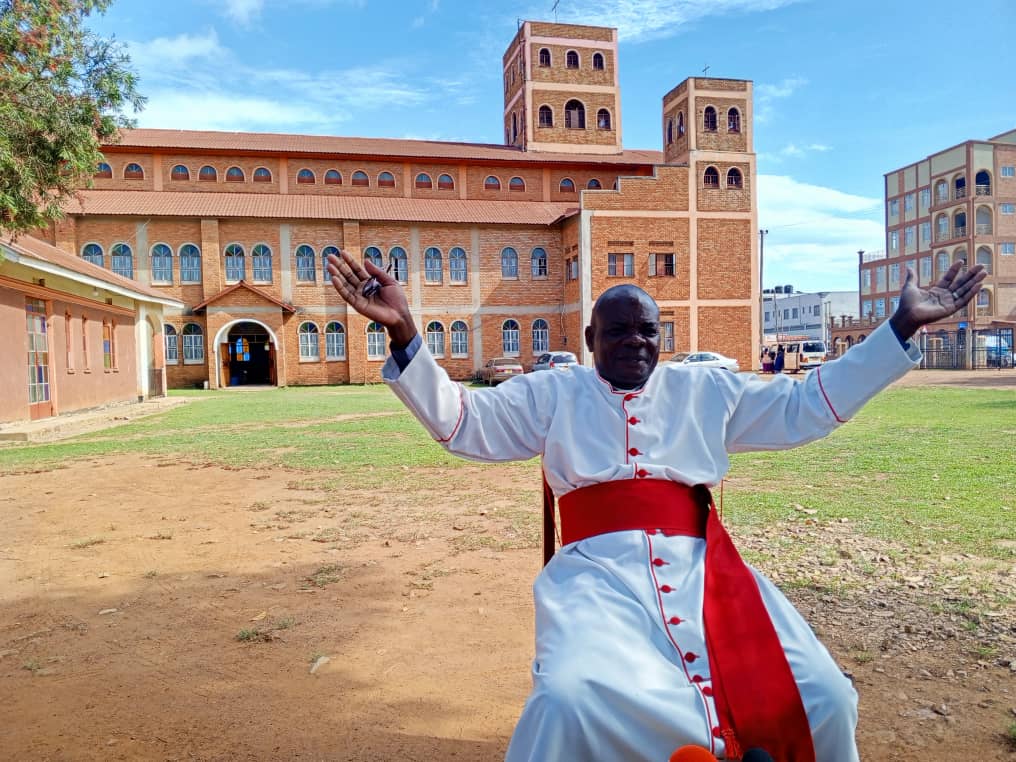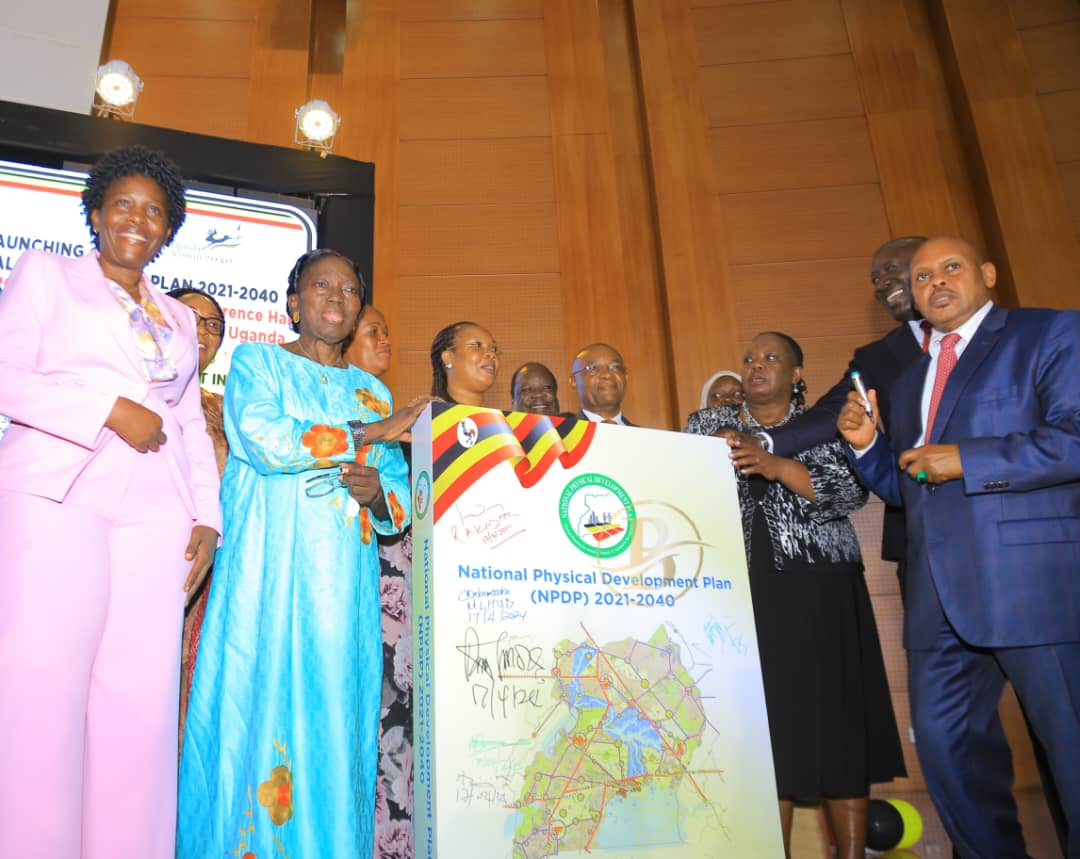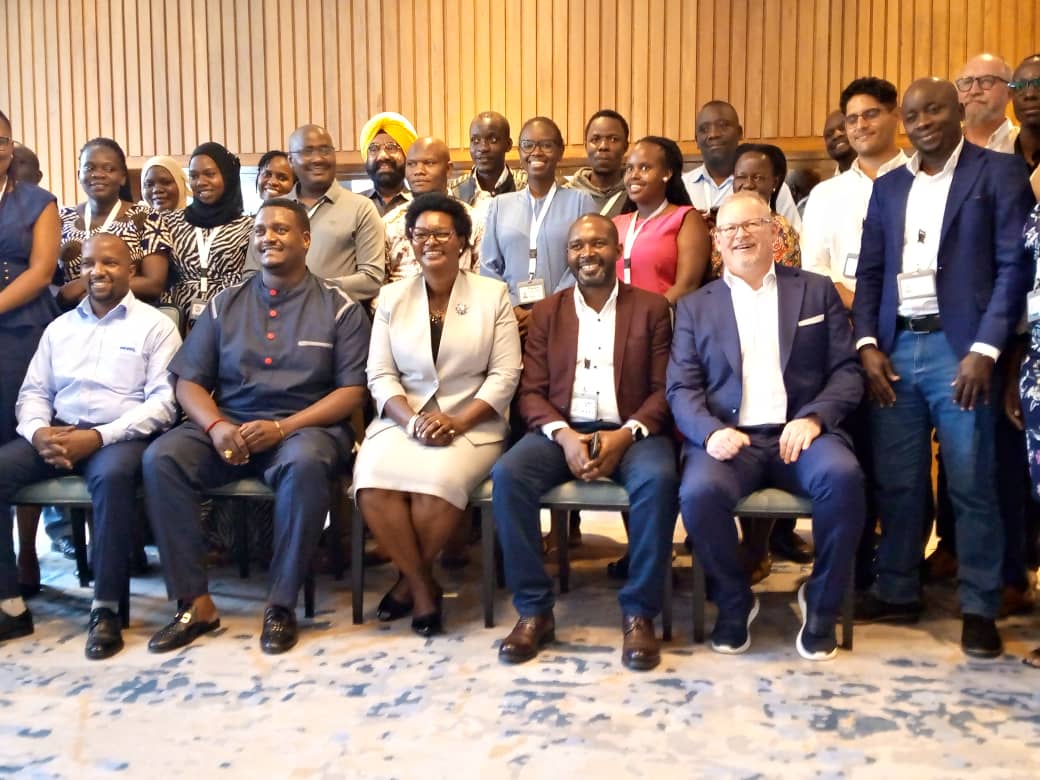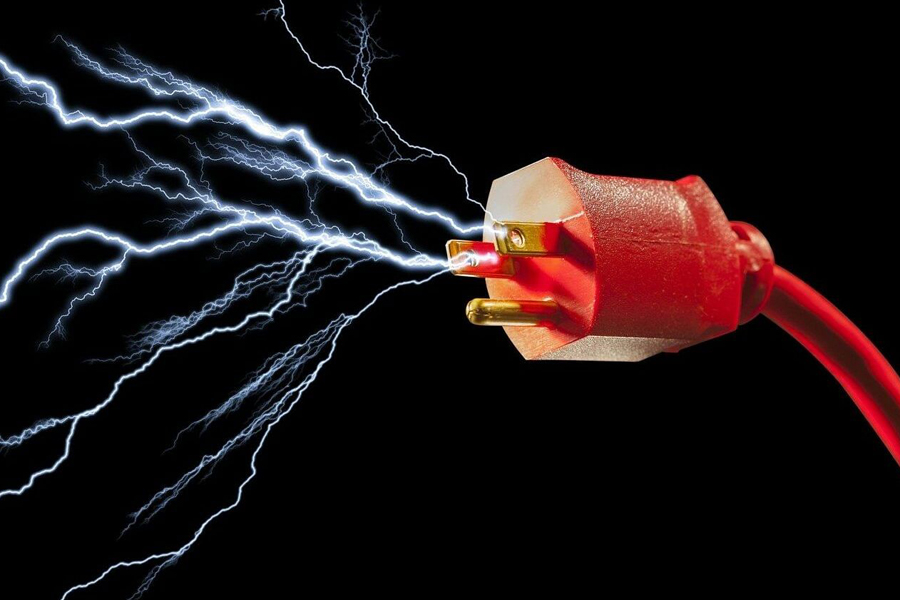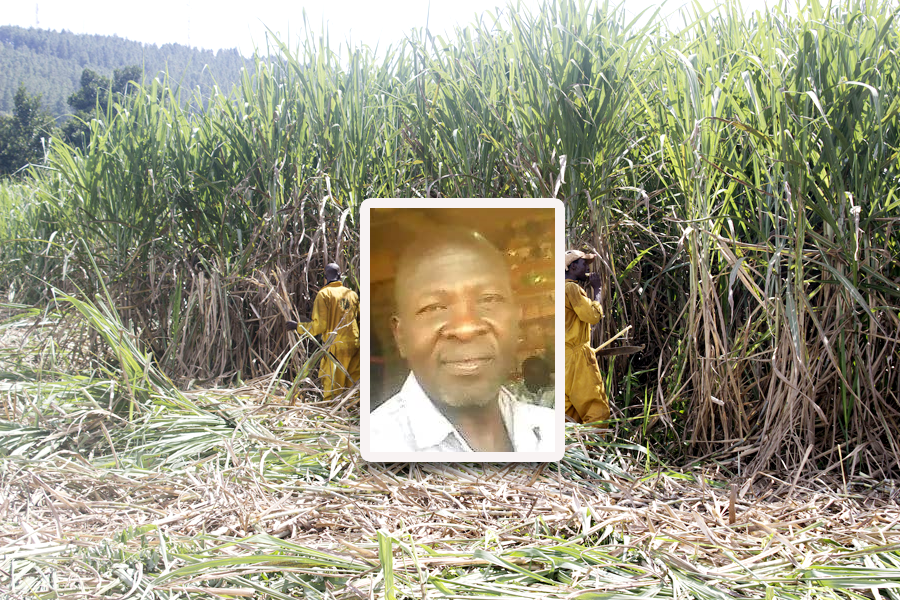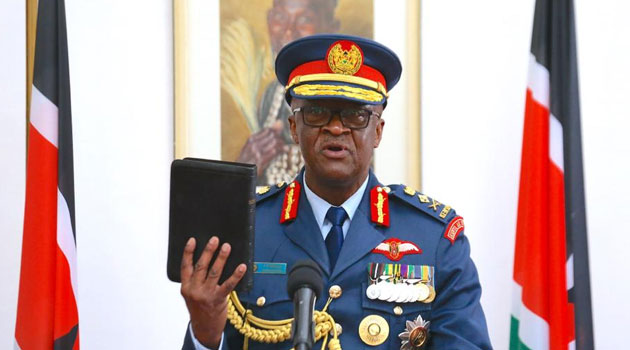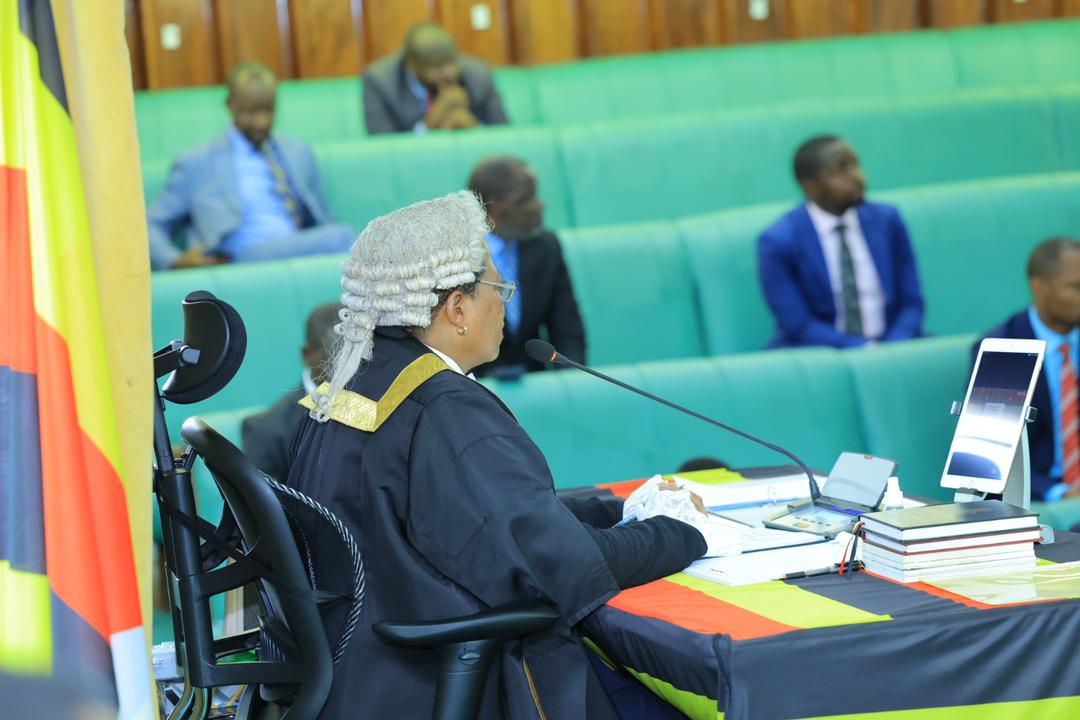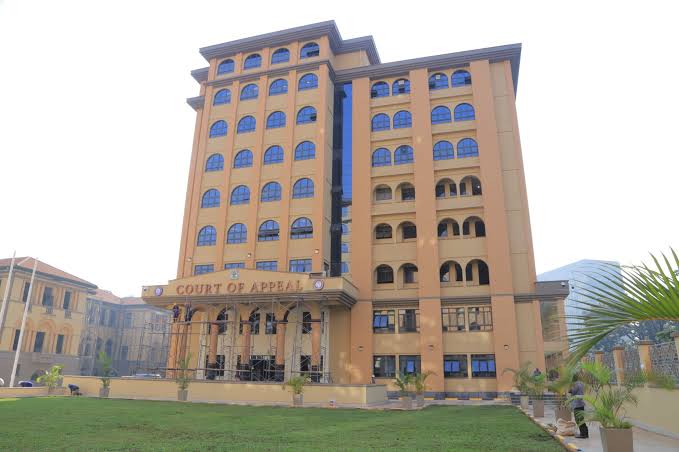Opinion: Censorship is to art as lynching is to justice and UCC is the master of all
By Muhindo Morgan
John Milton once said, “Give me the liberty to know, to utter, and to argue freely according to conscience, above all liberties”. As a creative artist, he understood the process of art, from reflection, contemplation to the final product like music, dance, poetry and prose among others.
Keep Reading
- > Rev Can Ateirweho lists priorities as he starts work as Bunyoro Kitara Bishop
- > Liberty pays shs100m in life insurance claim to Kalangala family
- > Uganda Charts Course for Sustainable Growth with National Development Plan
- > Speaker Among calls for guidelines to streamline transportation of school children
The reflection and contemplation in silence inform the ability to choose how to convey thoughts and ideas or interact with others, this no doubt is a crucial aspect of personhood, an aspect that deserves a hoplite shield. In it, it is the respect for one’s mental integrity and if spiced with privacy, it is the beginning of the individual’s freedom of thought, freedom to believe in what is right and the freedom of self-determination.
Freedom of expression protected by the right to anonymous free speech as an element of privacy in the face of repressive regimes should be priceless, and an attempt to create vague, wide, unreasonable, and top-heavy conditions precedent including registration and authorization to use online data communications is to lynch.
Uganda Communication Commission is shrinking this space through bizarre regulations of what we intend to post on Facebook pages, YouTube, website blogs, by requiring mandatory registration. The internet forms part of the platforms protected by the bill of rights to enable the exercise of specifically the rights to freedom of expression and assembly. As a tool or platform of speech and assembly and association, internet-based platforms have been growing in popularity until regulators started shooting them in the foot.
The notice issued on 7th September requiring individuals offering or planning to commence online data communication and broadcasting services to get authorization is another bullet from the regulator. If left unchecked, it turns UCC into an internet police, subjecting everyone to regulation and monitoring and consequently, self-censorship.
Regulatory induced Self-censorship is contrary to constitutionally guaranteed freedom of conscience (that some have argued to be none-derogable) and freedom of expression. Regulating content is far a job for a state and its agencies, in plethora of case law, courts have held that a government should not determine what ideas or information should be placed in the market place (Public).
The regulator should understand that civil and political liberties and democratic rights are ‘constituents’ of development, it is through the exercise of powers of the governed to question the powers of the governing about the discharge of their constitutional duties including the provision of social-economic welfare benefits, that certain developments can be achieved.
The writer is a Digital Human Rights Lawyer.
He is also Kiiza & Mugisha Advocates CoFounder Ensetlaw.


